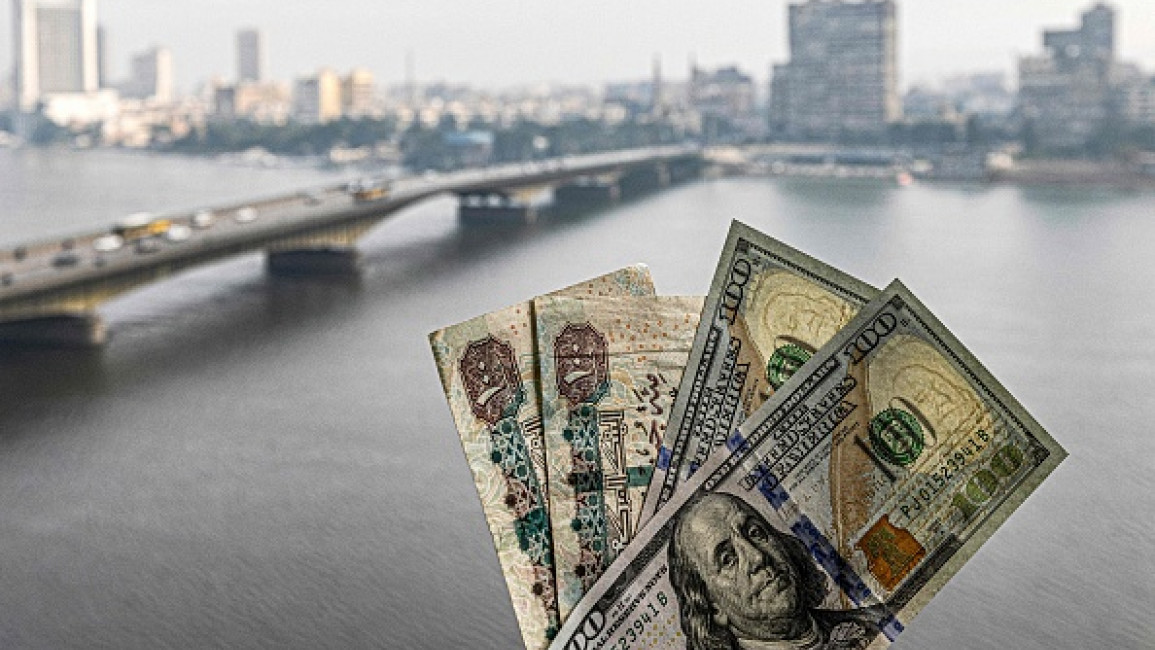Egypt's inflation rate marks highest in five years as prices soar
Egypt's annual urban inflation rate climbed for the seventh straight month to 25.8 per cent in January this year, compared to 21.3 per cent last month and beating market prospects of 23.8 per cent.
This is the highest inflation rate for the country in five years.
Such figures significantly surpassed the target set by the Central Bank of Egypt at seven per cent (±2 per cent) through the end of the year, local news outlets reported, citing the Central Agency for Public Mobilisation and Statistics (CAPMAS) as saying in an official statement on Thursday.
The spike in annual inflation, according to CAPMAS, has been mainly attributed to the increase in the prices of food and beverages, restaurants and hotels, culture and entertainment venues, and other services by 48.1 per cent, 42.8 per cent, 30.6 per cent, and 21.9 per cent, respectively.
The prices of other commodities and services hiked from 7.2 - 13.9 per cent.
"The rising prices are believed to be the result of controversial economic measures that have been taken by the government as part of its deal with the World Bank based on which Egypt received loans to inject in development projects that had drawn widespread criticism," Financial analyst Ahmed Hassan told The New Arab.
"Right now there is not much the government can do to fix that. People are making less than what they need and prices are soaring. It is a futile equation leading to more rage among the public, especially the poor and the middle-class households, who don't seem to revolt against such policies at any given time," he added.
In January, the Egyptian pound was weakened by more than 13%, reading a new low of below 32 Egyptian pounds against the US dollar.
The US dollar jumped to about 30.40 EGP at the time of publishing.
Egypt is a country that depends on importation at a time when people's income is linked to a devalued currency, the Egyptian pound, which has been struggling against the US dollar, leading prices of basic commodities to experience unprecedented hikes.
Egypt is also the world's largest wheat importer, most of which comes from Russia and Ukraine. The country's supply is subject to price changes in the international market.
The country's economy has been hit hard by the Covid-19 pandemic and the recent Ukrainian-Russian war, factors that further disrupted global markets and hiked oil and food prices worldwide.

![Trump's warm greeting to Netanyahu contrasted with Kamala Harris's critical reception [Getty]](/sites/default/files/styles/image_330x185/public/2024-07/GettyImages-2162908988.jpg?h=69f2b9d0&itok=OLc5dL88)
![The brutal assault on Khan Younis has killed dozens and displaced thousands more [Getty]](/sites/default/files/styles/image_330x185/public/2024-07/GettyImages-2162526709.jpg?h=d3eda8cf&itok=n5N-o8p5)
![Members of the Algerian delegation threw roses into the Seine [Getty]](/sites/default/files/styles/image_330x185/public/2024-07/GettyImages-2162980872.jpg?h=199d8c1f&itok=h_3o_TOL)